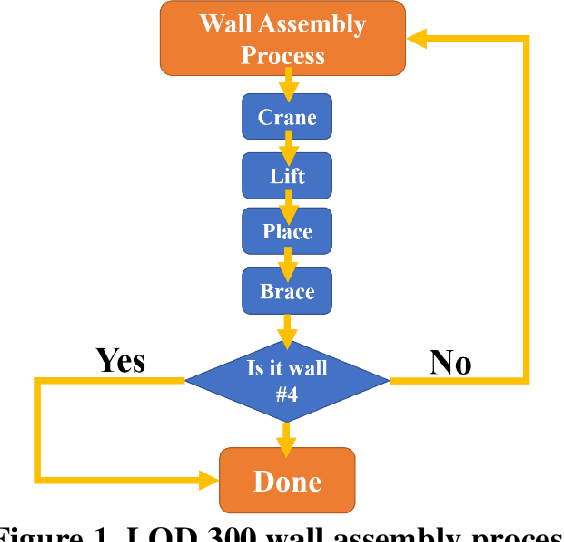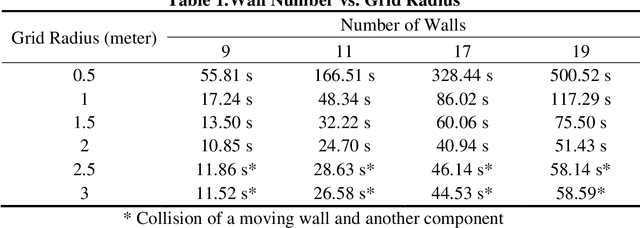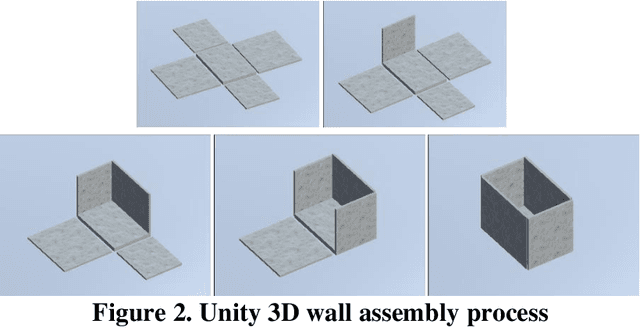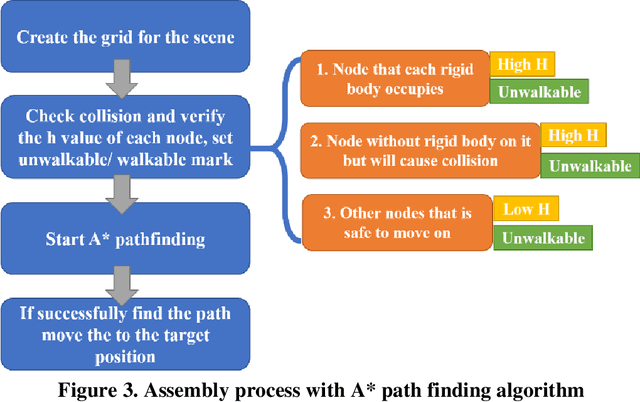Toward Automated Virtual Assembly for Prefabricated Construction: Construction Sequencing through Simulated BIM
Paper and Code
Mar 14, 2020



To adhere to the stringent time and budget requirements of construction projects, contractors are utilizing prefabricated construction methods to expedite the construction process. Prefabricated construction methods require an adequate schedule and understanding by the contractors and constructors to be successful. The specificity of prefabricated construction often leads to inefficient scheduling and costly rework time. The designer, contractor, and constructors must have a strong understanding of the assembly process to experience the full benefits of the method. At the root of understanding the assembly process is visualizing how the process is intended to be performed. Currently, a virtual construction model is used to explain and better visualize the construction process. However, creating a virtual construction model is currently time consuming and requires experienced personnel. The proposed simulation of the virtual assembly will increase the automation of virtual construction modeling by implementing the data available in a building information modeling (BIM) model. This paper presents various factors (i.e., formalization of construction sequence based on the level of development (LOD)) that needs to be addressed for the development of automated virtual assembly. Two case studies are presented to demonstrate these factors.
 Add to Chrome
Add to Chrome Add to Firefox
Add to Firefox Add to Edge
Add to Edge